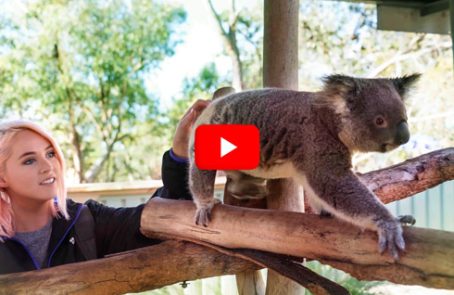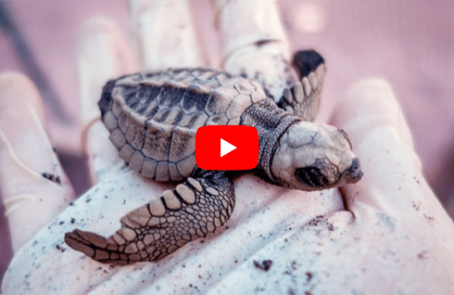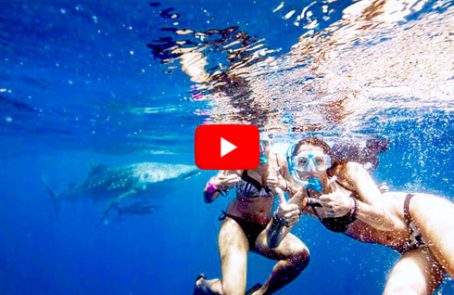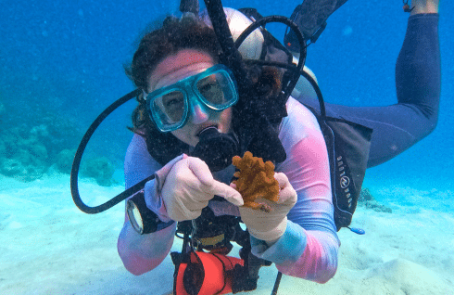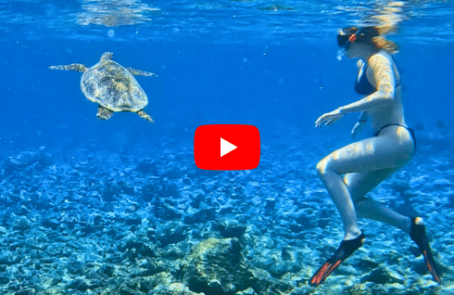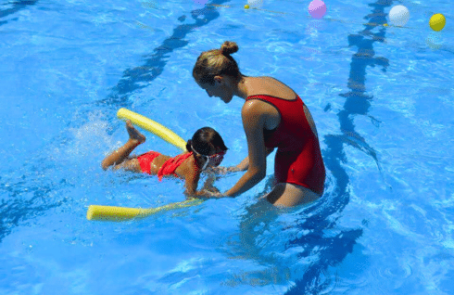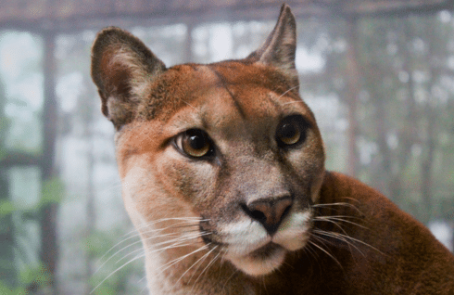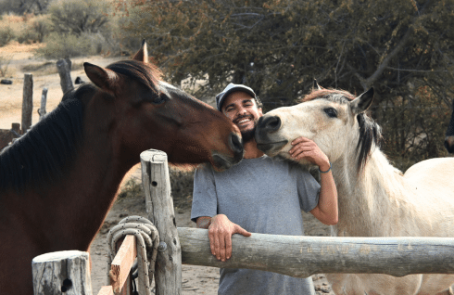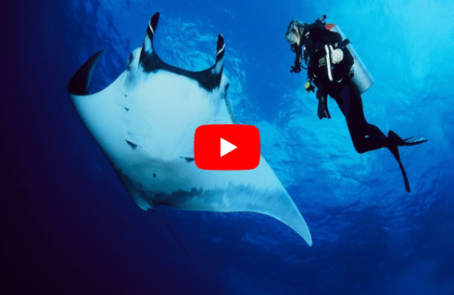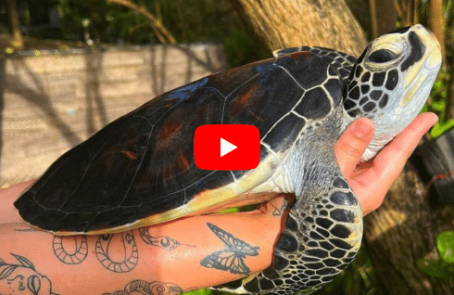Across the world, ecosystems and wildlife are dwindling. More than ever, our earth is feeling the impact of human expansion, deforestation, highway-building, and the like. However, currently, there is more effort than ever before in the realm of environmental and wildlife rehabilitation. It is an exciting time to get involved in environmental protection, as there is a resurgence in the global idea of needing to return to nature (but, just as much, unfortunately, as the human bulldozing of the natural environment). There are organizations across the globe geared toward preserving natural ecosystems, and they seek volunteers interested in making a difference. Volunteering in environmental conservation offers a variety of routes, some involve work directly with nature, and others are more behind the scenes. The love of our planet is something that can unite everyone, so get ready to do some earth-changing work. Conservation work is available all over the world, as everywhere, the natural environment is being threatened by the modern state of human life and civilization. The most popular locations for volunteering are South and Central America, Africa, Southeast Asia, and Oceania. These regions share an immense biodiversity and also an unfortunate depletion of that biodiversity by human activity. Because of this, there are a vast amount of organizations located in these regions that offer volunteering positions to those who want to get involved. Central and South America have some of the most biodiverse mountains and rainforests on the entire planet. The countries of Venezuela, Perú, Brazil, Colombia and Ecuador are all considered “megadiverse” regions, meaning they house a large amount of the earth species. Unfortunately, these species, along with their environments, are being heavily threatened by human expansion and deforestation. There is a great need for help in the rehabilitation of certain near-extinct species, as well as forest preservation, environmental education and environmental research. Africa is a bird of a different color. Africa is known as wild and raw due to its dense nature and abundance of animals. Unfortunately, it is also known for its presence of animal poachers, something that organizations are trying to combat every day. The greatest conservation need in this country is help in the protection of the animals, specifically, of the “big five” that are on their way to extinction: rhinoceros, lions, elephants, buffalos, and leopards. Volunteer in Africa and work one-on-one with animals in wildlife sanctuaries, or with organizations that combat the force of poaching. Southeast Asia and Oceania are also extremely biodiverse regions. India, Malaysia, Indonesia, Australia, and the Philippines all have numerous organizations that lead the fight against environmental destruction in the region. If you choose to volunteer here, you can help preserve a wide range of ecosystems like forests, oceans and deserts, as well as work with native wildlife. There are many types of work one can do as a conservation volunteer. Once can work with wildlife or with the plants and natural landscape of a region (or both!). Conservation work may include tree planting, trail-creating, weed control/plant maintenance, forest research and seed collection. Wildlife work may include tracking wild animals, maintaining habitats, cleaning beaches, hands-on animal care, and wildlife research. The type of work you do will depend upon the environment local to the region of your stay. Some organizations have volunteers focus on one project for the length of the program, and others move around, allowing the volunteer to experience a variety of work. Volunteer in conservation abroad and not only give back to this wonderful planet, but become connected with nature and learn about how you and others can minimize your carbon footprints. All the while you will be located in a new and exciting place where you can learn about a culture and make new friends. Volunteering in conservation is a grand learning experience and a move to help the world become a cleaner, safer, and more sustainable place .

